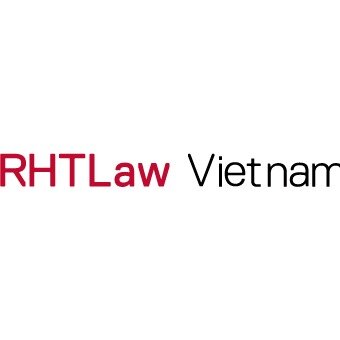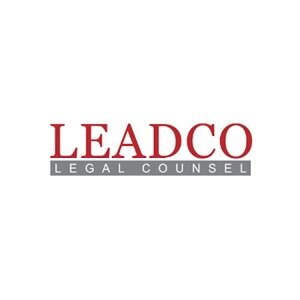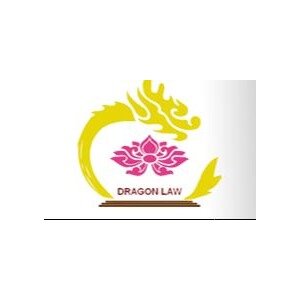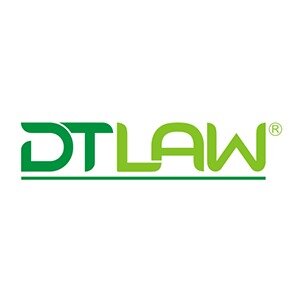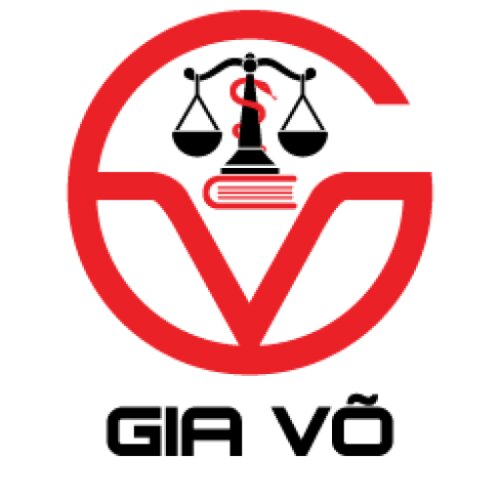Best Landlord & Tenant Lawyers in Hanoi
Share your needs with us, get contacted by law firms.
Free. Takes 2 min.
Free Guide to Hiring a Real Estate Lawyer
List of the best lawyers in Hanoi, Vietnam
About Landlord & Tenant Law in Hanoi, Vietnam:
The Landlord & Tenant Law in Hanoi is part of the general Civil Code of Vietnam and is primarily governed by the Law on Housing and the Law on Real Estate Business. This legislation sets out the rights and obligations of both landlords and tenants in a lease agreement. Generally, these obligations revolve around the payment of rent, lease agreements, the security deposit, repair and maintenance, eviction, and more. Additionally, laws about land and property use rights play a crucial role in rented accommodations in Hanoi.
Why You May Need a Lawyer:
Despite the intent of the law to be clear and unambiguous, disputes can occur between landlords and tenants. Often, these disputes might revolve around repair responsibilities, rent increases or decreases, eviction notices, or the return of security deposits. In these situations, you might need legal advice from a qualified attorney. A lawyer can help you understand your rights and responsibilities, guide you through the legal process, and represent you in court if necessary. Particularly in cases where a large amount of money or your housing situation is at stake, legal advice can be crucial.
Local Laws Overview:
The Vietnamese Civil Code allows landlords and tenants in Hanoi to negotiate and agree upon terms in their contracts, such as rent amounts, deposit policies, and the duration of the lease. The law stipulates that landlords are responsible for making major repairs to the property, while tenants are to maintain the cleanliness and integrity of the property. Landlords cannot arbitrarily increase rent or forcibly evict tenants without a legally valid reason. There are protective clauses to safeguard the rights and interests of both parties. Evictions can only occur with reasonable notice and under specific conditions outlined by the law. Additionally, discrimination in renting is illegal.
Frequently Asked Questions:
1. Can the landlord increase the rent during the lease term in Hanoi?
According to Vietnamese law, the landlord cannot arbitrarily increase the rent during the lease period unless otherwise specified in the contract.
2. Who is responsible for repairs?
The landlord is usually responsible for major repairs or problems related to the structure of the property while the tenant takes care of daily maintenance and minor repairs as stipulated by the lease agreement.
3. Can the landlord evict a tenant without reason?
The landlord cannot evict a tenant without a just and legal reason. Circumstances such as damage to the property, non-payment of rent, or illegal activities by the tenant can justify eviction.
4. What happens if the tenant refuses to leave after the notice period?
If the tenant refuses to leave after the notice period, the landlord can start legal proceedings to have the tenant evicted. The reverse applies if a landlord tries to evict a tenant without proper notice or a justified reason.
5. Can a foreigner rent property in Hanoi?
Yes, under the Housing Law, foreigners can rent a property in Hanoi as long as they possess a valid visa.
Additional Resources:
Government and municipal websites are valuable resources for information related to housing laws in Hanoi. The Vietnam Ministry of Justice and the Hanoi Housing development and Investment Corporation offer ample resources and databases for legal advice related to tenant and landlord issues. These portals serve as a one-stop location for legislative documents, legal news, and other services.
Next Steps:
If you require legal assistance related to landlord and tenant laws in Hanoi, the first step is to consult with a legal professional or law firm specializing in this field. They can answer questions, guide you through the legal process, and represent you in court if necessary. Make sure to bring all relevant documents, including the lease agreement, any correspondence with the other party, and records of rent payment or property condition if applicable.
Lawzana helps you find the best lawyers and law firms in Hanoi through a curated and pre-screened list of qualified legal professionals. Our platform offers rankings and detailed profiles of attorneys and law firms, allowing you to compare based on practice areas, including Landlord & Tenant, experience, and client feedback.
Each profile includes a description of the firm's areas of practice, client reviews, team members and partners, year of establishment, spoken languages, office locations, contact information, social media presence, and any published articles or resources. Most firms on our platform speak English and are experienced in both local and international legal matters.
Get a quote from top-rated law firms in Hanoi, Vietnam — quickly, securely, and without unnecessary hassle.
Disclaimer:
The information provided on this page is for general informational purposes only and does not constitute legal advice. While we strive to ensure the accuracy and relevance of the content, legal information may change over time, and interpretations of the law can vary. You should always consult with a qualified legal professional for advice specific to your situation.
We disclaim all liability for actions taken or not taken based on the content of this page. If you believe any information is incorrect or outdated, please contact us, and we will review and update it where appropriate.





